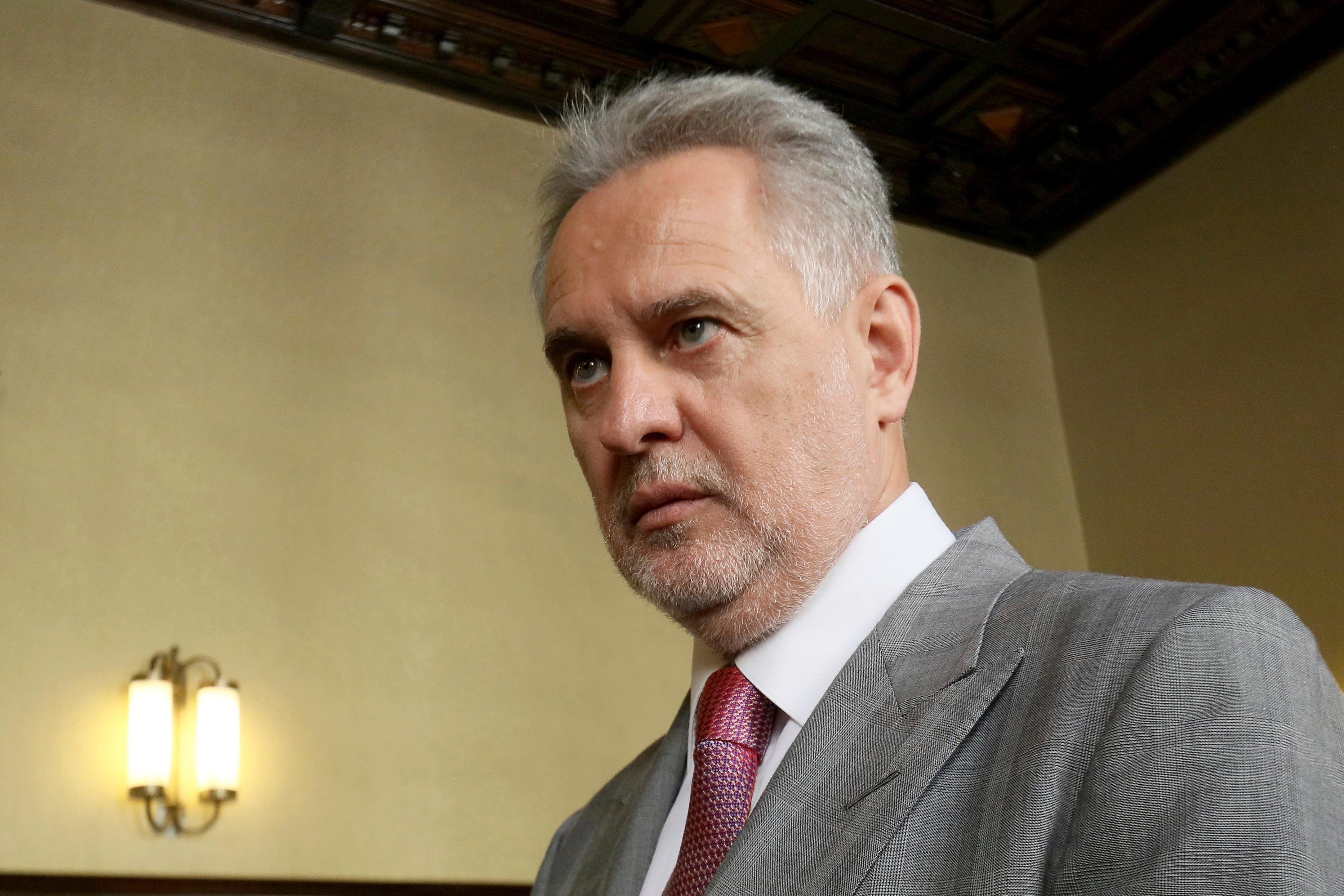Austrian court rules that Ukrainian businessman Firtash can't be extradited to the US
An Austrian court has ruled that Ukrainian businessman Dymitro Firtash can’t be extradited to the U.S. in a long-running legal saga that centers on a corruption case related to an alleged plan to pay bribes in India

Your support helps us to tell the story
From reproductive rights to climate change to Big Tech, The Independent is on the ground when the story is developing. Whether it's investigating the financials of Elon Musk's pro-Trump PAC or producing our latest documentary, 'The A Word', which shines a light on the American women fighting for reproductive rights, we know how important it is to parse out the facts from the messaging.
At such a critical moment in US history, we need reporters on the ground. Your donation allows us to keep sending journalists to speak to both sides of the story.
The Independent is trusted by Americans across the entire political spectrum. And unlike many other quality news outlets, we choose not to lock Americans out of our reporting and analysis with paywalls. We believe quality journalism should be available to everyone, paid for by those who can afford it.
Your support makes all the difference.An Austrian court has ruled that Ukrainian businessman Dymitro Firtash can't be extradited to the U.S. in a long-running legal saga that centers on a corruption case related to an alleged plan to pay bribes in India.
The Vienna State Court said Tuesday evening it decided on Nov. 7 that extradition isn't permissible, the Austria Press Agency reported. Vienna prosecutors said they would appeal the decision, and have until Dec. 16 to do so.
Firtash faces a U.S. indictment accusing him of a conspiracy to pay bribes in India to mine titanium, which is used in jet engines. He denies any wrongdoing.
In 2019, a Chicago federal judge rejected a motion to dismiss the indictment against Firtash, who has argued that the U.S. has no jurisdiction over crimes in India. However, the judge ruled that it does, because any scheme would have impacted a Chicago-based company.
American aviation company Boeing, based in Chicago, has said it considered business with Firtash but never followed through. It is not accused of any wrongdoing.
He was arrested in Austria in 2014 and then freed on 125 million euros ($131 million) bail, kicking off the ongoing legal saga. A Vienna court initially ruled against extradition on the grounds that the indictment was politically motivated.
A higher court in February 2017 rejected that reasoning as “insufficiently substantiated” and ruled that Firtash could be extradited. Austria’s Supreme Court of Justice upheld that ruling in 2019.
The country’s justice minister at the time approved the extradition, but a Vienna court judge ruled it could only take place after a decision on a defense call to reopen the case. The Vienna state court ruled against reopening the case in March 2022, but a higher court last year decided to allow the reopening of extradition proceedings, pointing to new evidence.